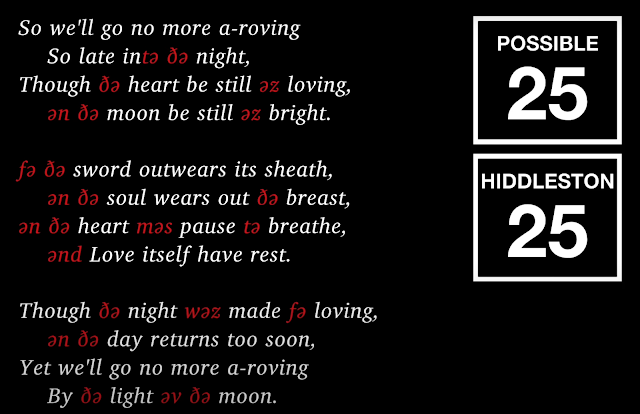Schwa Sound /ə/ : A Key to Fluent English Pronunciation
Embarking on the journey of mastering English pronunciation introduces learners to the unique and often elusive world of the schwa sound (/ə/). This seemingly simple sound holds the key to unlocking fluent, native-like pronunciation and understanding the rhythmic flow of English. In this comprehensive guide, we'll explore the schwa sound's significance, its occurrence, and practical strategies for integrating it into your spoken English.
Understanding the Schwa Sound
The schwa sound is the most common vowel sound in the English language, characterized by its neutral, unstressed quality. Unlike the more distinct vowel sounds, the schwa is often described as the "uh" sound found in an unstressed syllable. Its ubiquity and versatility make it a foundational element of English pronunciation, shaping the way words and sentences flow together in natural speech.
The Schwa and Its Role
The schwa sound (/ə/) is the most common vowel sound in English, appearing in countless words but often overlooked due to its subtlety. It's the sound of an unstressed vowel in a word or syllable, playing a pivotal role in the weak form phenomenon. The schwa is what gives English its distinctive rhythm and pace, making its mastery a milestone in the journey towards fluency.
The Mystique of Weak Forms
Weak forms are essentially the secret sauce that gives English its unique rhythm and melody. They involve the softening of certain words in a sentence, particularly the small, frequently used ones like "to," "and," "the," and "of." Instead of enunciating these words with full emphasis, native speakers often reduce them to a murmur, centralizing their vowels to the schwa sound (/ə/), thereby creating what we call "weak forms."
This difference often boils down to a linguistic phenomenon known as "weak forms," which centers around the use of the schwa sound (/ə/)—a subtle yet powerful aspect of English pronunciation. This blog post is your guide to understanding weak forms, demonstrating their importance, and showing you how to master them to significantly enhance your spoken English.
The Ubiquity of the Schwa
One of the fascinating aspects of the schwa sound is its presence across different words and contexts. It can appear in almost any word, transforming the way it's pronounced depending on stress patterns. For instance, the schwa makes its presence known in words like "sofa" (/ˈsəʊ.fə/) and "banana" (/bəˈnæn.ə/), where it supports the rhythm and stress of the word without drawing attention to itself.
Why the Schwa Sound Matters?
The importance of the schwa sound in English pronunciation cannot be overstated. Its role in facilitating smooth, natural speech patterns is crucial for several reasons:
- Speech Economy: The schwa sound allows for efficient communication by reducing the pronunciation effort needed for unstressed syllables, enabling faster, more fluid speech.
- Rhythmic Flow: It contributes to the unique rhythm of English, helping to differentiate between stressed and unstressed syllables and giving English its characteristic cadence.
- Listening Comprehension: For learners, mastering the schwa sound can dramatically improve the ability to understand spoken English, as it bridges the gap between textbook pronunciation and real-life speech.
Learning from the Best
Observing accomplished speakers like Stephen Fry, Dame Judi Dench, and Tom Hiddleston offers invaluable insights into the application of weak forms. Their exemplary use of the English language showcases how integrating weak forms can elevate speech from simply being understood to being captivating and elegant.
example)
example)
example)
Context Matters
Weak forms are predominantly used in fluent, connected speech. However, context dictates their usage. Words are usually pronounced in their strong form for emphasis, or when they appear at the beginning or end of an utterance. This flexibility allows speakers to convey nuances in meaning and emotion, highlighting the adaptive nature of English pronunciation.
[Related Resources] :
- WEAK FORMS: Why 'natives' and 'non-natives' sound different, <Youtube>, <https://youtu.be/EaXYas58_kc?si=hTx39G3Af0n9zfK3>, 2020-06-02.
- Dictionary.com, <https://www.dictionary.com/>


Comments
Post a Comment